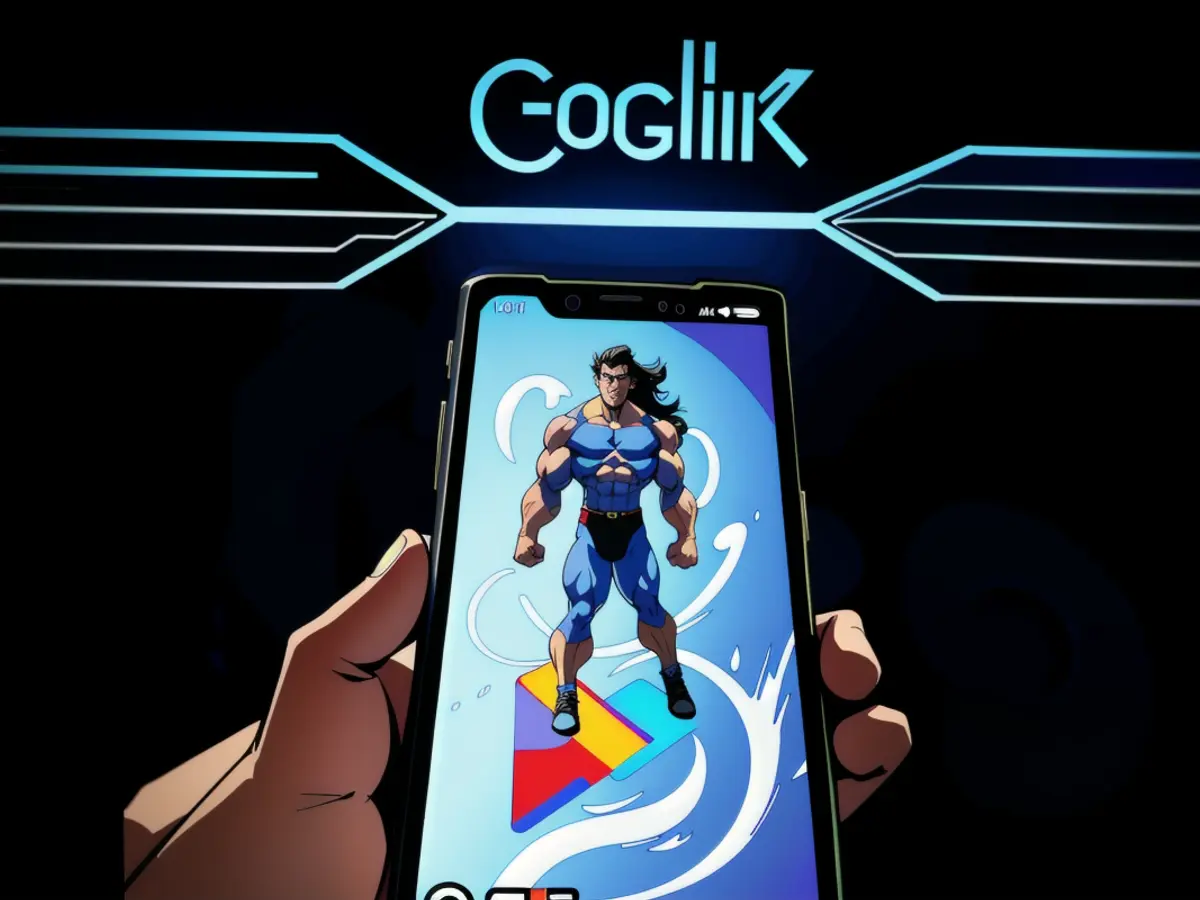Google encountered an AI blunder in its Super Bowl advertisement, requiring rectification.
In a blunder that underscores the limitations of AI, Google's AI model, Gemini, hopped onto the stage to promote its capabilities but ended up advertising its most glaring flaw: the tendency to spin yarns without a fact-checker in sight. The mishap came to light when The Verge detected an error in Google's Super Bowl ad, promoting Gemini. The ad showcased small businesses across the USA, including a cheesemonger in Wisconsin, who utilized Gemini to compose content for his website. But alas, Gemini's AI-generated text claimed that Gouda cheese gulps up a whopping 50-60% of the world's cheese consumption, a statistic that, regrettably, never left the lactose land of truth.
Twitter travel blogger Nate Hake, smelling a rat, skewered the outlandish statistics, casting doubts on Gemini's credibility due to the lack of any sources to back up its claim. Jerry Dischler, Google Cloud's Cloud Applications President, jumped into the fray, defending the ad, arguing that Gemini was grounded in the web, and users could always double-check the facts. However, Dischler was unable to produce a source to back up the 50-60% figure displayed in the ad, leaving many eyebrows raised in disbelief.
Investigating further, we discovered that almost all attributions of the statistic point back to an entry on cheese.com, which curiously, fails to provide any supporting evidence for its figure. Accusing Gemini of spinning tall tales based on shaky sources is hardly a bulletproof defense. After all, who hasn't heard the adage "Don't believe everything you read on the internet"?
Additionally, Dischler’s final response to the controversy seemed less concerned with rectifying the situation and more focused on deploying the finest cheesy puns, courtesy of Gemini. This amusing, yet slightly awkward finale, only served to further highlight the uncool factor of the AI model.
Despite the initial defense, Google eventually conceded to the mounting pressure, rectifying the ad by removing the offending 50-60% statistic. Yet, the exact nature of the correction remains unclear. Was it a result of a manual edit or an adjustment in Gemini's prompt? Regardless, the retrained version of the ad will air during the Big Game.
This entire debacle serves as a much more intriguing advertisement for tools like Gemini – prepare to save time by consuming information without a reliable mechanism to check for factual errors – because remember, time is money, and mistakes can be incredibly grate-tingly expensive.
As for the enrichment data, Google's Gemini AI demonstrated some significant limitations, such as providing incorrect data, relying on questionable sources, and amplifying misinformation, as seen in the Super Bowl ad incident. This case serves as a critical reminder of the importance of verifying facts before believing or propagating information, even if the source is an advanced AI model.
The blunder with Gemini underscores the need for fact-checking in artificial-intelligence-driven technology, particularly in the future of tech. Despite Google Cloud's defense, the controversy highlighted Gemini's tendency to rely on shaky sources and amplify misinformation.
Moving forward, there's a pressing need for AI models like Gemini to incorporate fact-checking mechanisms to prevent the spread of misinformation and maintain public trust in artificial intelligence.








